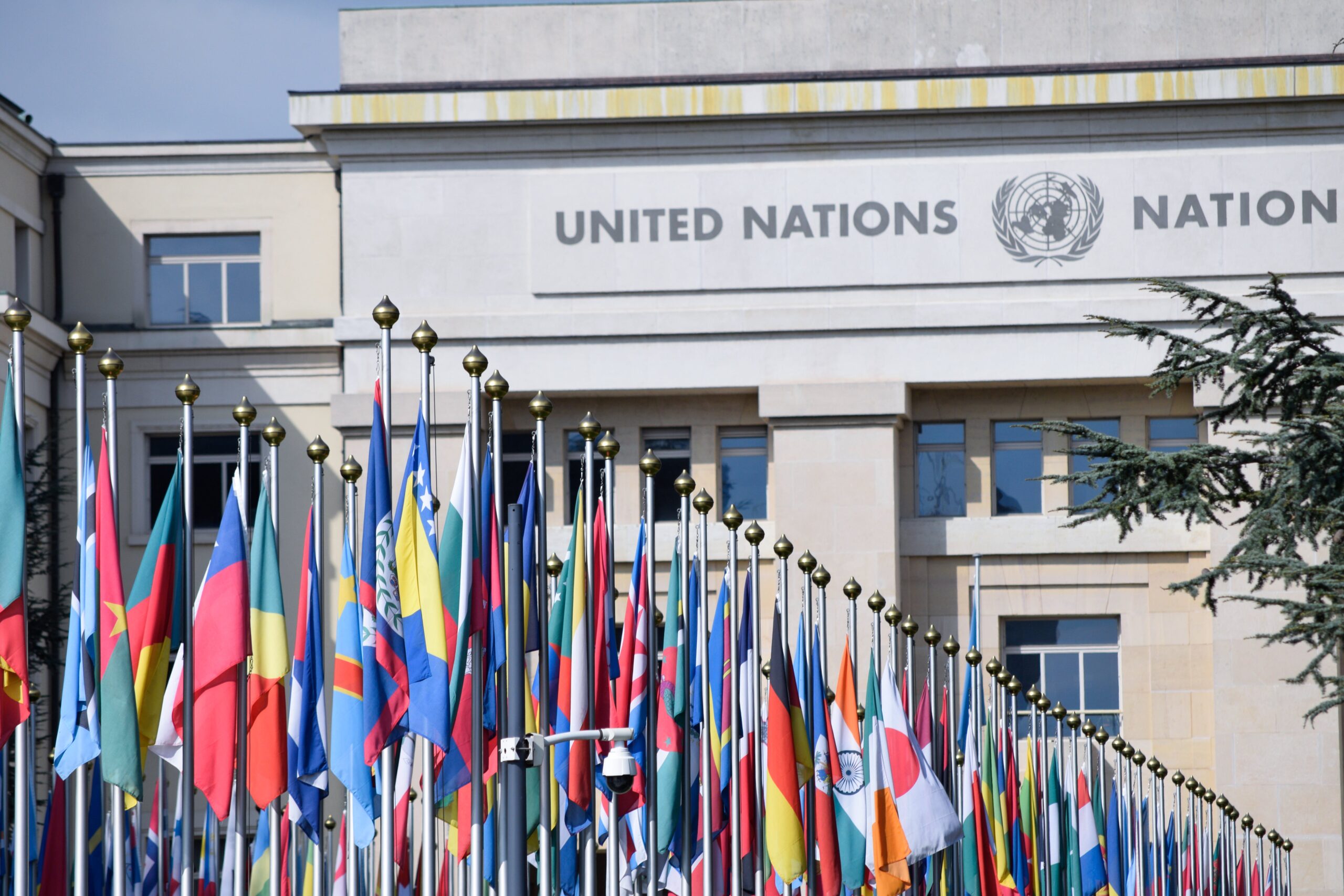
Redefining the family in the UN’s Universal Declaration of Human Rights
In 1948 the Universal Declaration of Human Rights proclaimed that “Men and women of full age, without any limitation due to race, nationality or religion, have the right to marry and to found a family”.
However, the American fertility industry believes that this is anachronistic. The world has moved on. The UDHR is heteronormative, referring to “men and women” and it links marriage to the idea of family. This must change.
A policy statement issued last year by the American Society for Reproductive Medicine (ASRM) said that “lesbian, gay, bisexual, transgender, queer, and unpartnered individuals” also have a right to have families. Infertility, therefore, is basically anything which frustrates a person’s desire to have offspring.
Writing in BioNews, Dr Sigal Klipstein, the chair of the ASRM ethics committee, says that her organisation has a “mission” to broaden access to reproductive health care.
the new ASRM guidelines are strongly supportive of family building as a basic human right and are broadly inclusive, meeting individuals and couples where they are, instead of pigeonholing them in such a way that only heterosexual couples unable to conceive are seen as meriting assistance with family building. It supports a wide spectrum of identities and relationship statuses, including the status of being single. It allows for a broader definition of family building that is not limited to a medical definition, in keeping with its strong support of access to care for all those who wish to become parents.
